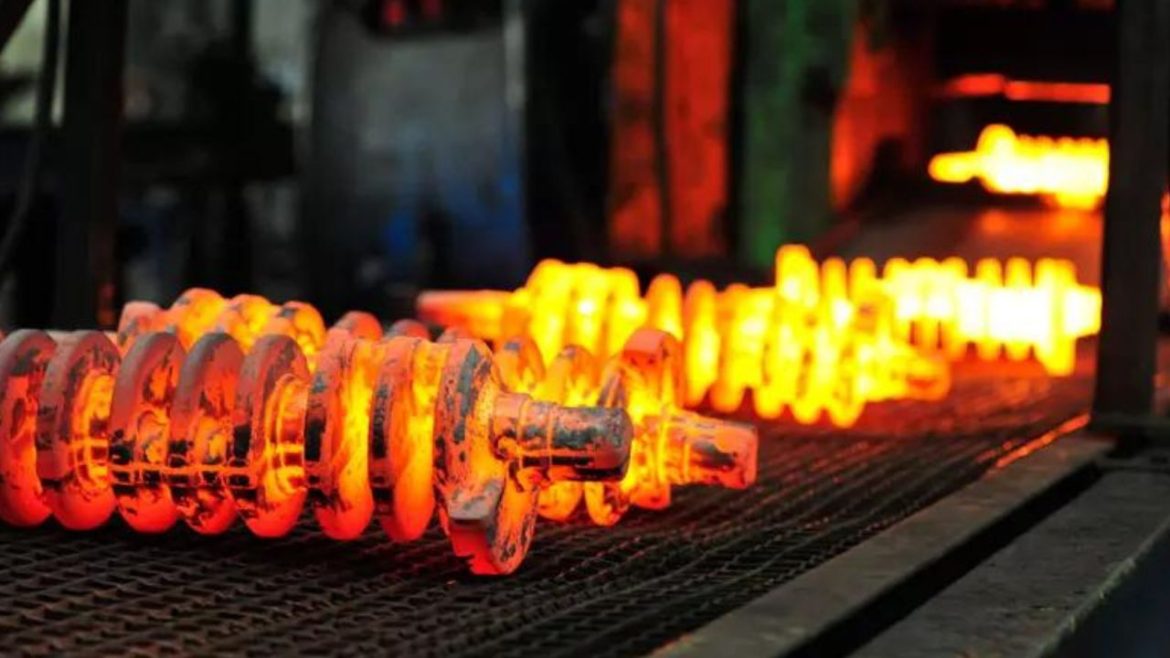The manufacturing industry stands as a pillar of economic growth and technological progress, driving innovation and providing essential products for various sectors. Within this dynamic landscape, forging manufacturers hold a significant position, contributing immensely to the advancement and transformation of the manufacturing landscape.
Their expertise and capabilities have a profound impact on the manufacturing ecosystem, influencing the design and production of crucial components used in countless applications. From aerospace and automotive to energy and construction, forging manufacturer play a vital role in shaping the landscape of these industries and fostering innovation.
The Importance of Forging Manufacturers
There is significant importance attributed to forging manufacturers in various aspects. Their contributions are crucial for the advancement and growth of the manufacturing industry. Some key reasons highlighting the importance of forging manufacturers include:
Driving Industrial Growth and Development
By providing essential components to a wide range of industries, forging manufacturers enable the production of finished goods that fuel economic progress. From automotive and aerospace to energy and construction, forging manufacturers serve as crucial partners, supporting the growth of these sectors and contributing to overall industrial expansion.
Supplying Critical Components for Various Industries
Through precise shaping and forming techniques, forging manufacturers produce forged parts that are integral to the functioning of complex machinery and equipment. These components, such as gears and connecting rods, ensure the reliable and efficient operation of engines, turbines, and other industrial systems.
Ensuring Strength, Durability, and Safety in Products
Through the forging process, metal materials are shaped under high pressure, resulting in enhanced mechanical properties. Forged parts have superior resistance to fatigue and extreme temperatures, making them ideal for applications where reliability and safety are paramount, such as in the aerospace and defense sectors.
Supporting Infrastructure and Construction Projects
The production of structural components like beams, columns, and anchor bolts is vital for erecting buildings, bridges, and other infrastructure. Forging manufacturers provide these essential elements, ensuring the longevity of structures. Their involvement contributes to the growth and development of urban landscapes, transportation networks, and energy facilities.
Enabling Technological Advancements and Innovation
By enabling technological advancements and innovation, forging manufacturers contribute to the continuous evolution and improvement of the manufacturing industry. Their investment in research, adoption of advanced technologies, and collaborative mindset ensure that they remain at the forefront of change.
Contributing To Economic Stability and Job Creation
By operating large-scale facilities and employing skilled workers, forging manufacturers generate employment opportunities and support local economies. The presence of a thriving forging industry contributes to the overall economic well-being of regions, fostering a robust manufacturing ecosystem.
Sustainability and Environmental Responsibility
By prioritizing sustainability, forging manufacturers contribute to the preservation of natural resources, reduction of waste, and the overall well-being of our planet.
Adopting Sustainable Manufacturing Practices
Forging manufacturers recognize the importance of sustainable manufacturing practices. They are committed to minimizing their ecological footprint by optimizing resource utilization and minimizing waste throughout the production process. By adopting lean manufacturing principles, forging manufacturers ensure that resources are used efficiently and effectively.
Implementing Energy Efficiency Measures
Energy efficiency is a key aspect of sustainable manufacturing. By investing in energy-efficient equipment and technologies, optimizing heating and cooling systems, and implementing energy management systems, forging manufacturers minimize their energy usage while maintaining high production standards.
Reducing Waste and Material Consumption
They implement lean manufacturing techniques to optimize material usage. Scrap materials are minimized through precise material cutting and shaping techniques, ensuring that material waste is kept to a minimum. Additionally, forging manufacturers actively explore recycling options for excess materials, further reducing their environmental impact.
Conclusion
The dedication of forging manufacturers to quality and sustainability positions them as key drivers of progress. As the manufacturing industry continues to evolve, forging manufacturers will play a crucial role in shaping its future, fostering innovation, and driving sustainable growth.
